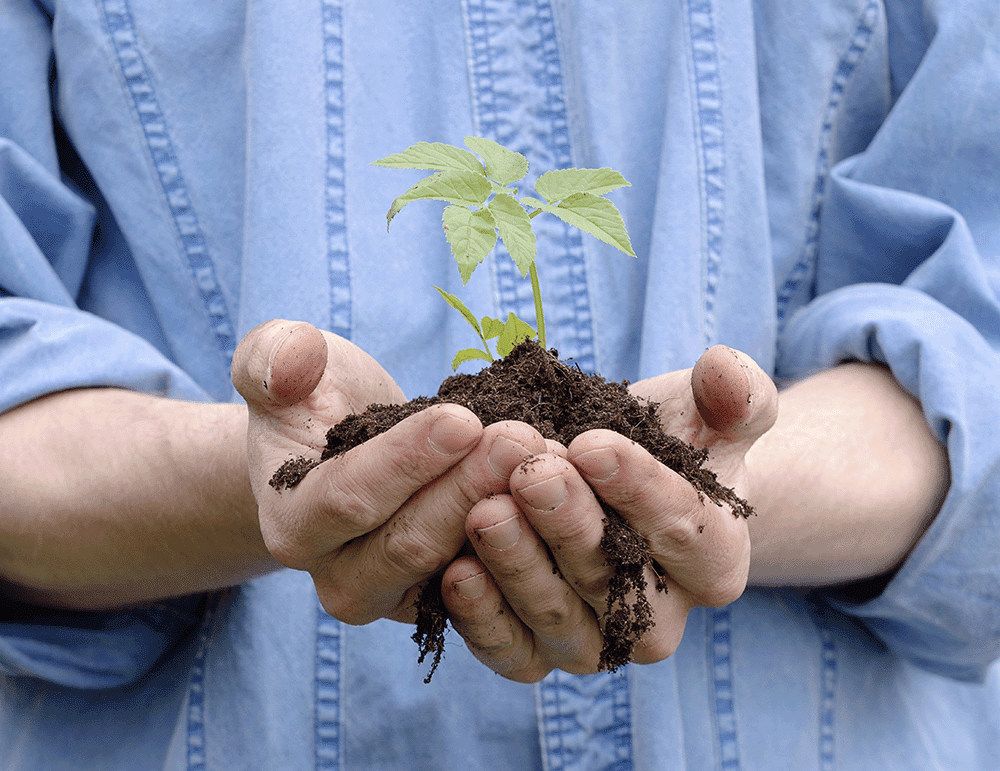Some of us have dared to set new year’s resolutions, and some of us have not. For those that have; some of us are still going strong and sadly, some of us are not.
Every wonder why some have and some haven’t?
I’m Amir Salem, a clinical psychologist passionate about helping people navigate life’s complexities and enhance themselves. Today, let’s explore with Alex, an avatar who I have designed to represent hope, challenges, and successes. Alex represents the common learnings and changes I have seen people face clinically over the years as a new year begins. Alex’s story will serve as a guide, offering practical psychological strategies to help you embrace the new year with positivity and purpose.
Before you get started, please note that Alex’s embrace in change is about the overview of change in a new year and more detail will follow on each of the 7 segments in future content.
1. Goal-Setting Journey with Alex:
Alex, an aspiring writer, has always dreamt of publishing a novel. This year, Alex decides to turn this dream into this year’s goal. Instead of overwhelming themselves with the task of writing a whole novel immediately, Alex starts by dedicating 30 minutes each day to writing. The research tells us that a common factor to success and completion of goals isn’t massive bursts of effort but consistency. This approach makes the goal less daunting and more achievable. Like Alex, break down your big dreams into smaller, manageable steps.
- What goals do you have in mind?
- How can you break them down into smaller steps to help you track your consistency?

2. Cultivating a Growth Mindset with Alex:
When Alex faces criticism or rejection, it’s easy to feel discouraged. But instead of submitting to negativity, Alex embraces these experiences as opportunities for growth and learning. This perspective shift, inspired by Carol Dweck’s concept of a growth mindset, turns obstacles into valuable lessons, fostering resilience and a positive attitude towards personal development. So, whether you are interested in writing a novel like Alex, achieving entrepreneurial success, or taking on personal goals, adopting the mindset of “what can I learn from this instance?” is so powerful to keeping motivated when things get tough.
Failure to me is when I stop trying, otherwise it’s just a learning instance from an outcome I didn’t expect or want.
- On reflection what can you learn from last year’s challenges and successes to take into this year?
- How will you keep this ‘growth mindset’ in mind for when you get challenged next?
3. Self-Compassion in Alex’s Daily Life:
On days, Alex struggles with writer’s block, self-doubt and their imposter syndrome creeps in. During these moments, Alex practices self-compassion by acknowledging the effort put into writing and understanding that creative ebbs and flows are part of the process, much the same with any goal or task we set ourselves. Achievement is not linier, the upwards overall trend as opposed to expecting every day to be bigger and better can set you up for not sticking with or achieving your goals. Alex also engages in positive self-talk and sets aside time for relaxation and hobbies, which help rejuvenate creativity, motivation and energy.
- What kind of things can you say to yourself when things get tough? Make a list on your phone or journal ready to go when you need it.
- What ways do you relax and refresh your energy? If you can’t think of any, it might be time to find some new ones or reset some old ones that worked before.

4. Mindfulness in Alex’s Routine:
To maintain a balanced mindset, Alex incorporates mindfulness into daily activities. This includes mindful walking, where Alex pays attention to the sensation of each step and the surrounding environment. Alex also practices mindful eating, where Alex savours each bite.
Mindfulness is riddled with misconceptions, it’s not about doing yoga, forced spirituality or gratitude. It’s about getting present, focusing on the now, and bringing your focus back to what you are doing in the moment instead of wondering off with thoughts and feelings not related to the task at hand. These practices help Alex stay connected to the present, reducing stress and enhancing overall well-being. This is a great practice to be able to stay on task when things get tough. Doing it daily gets you ready for game day.
- What three things can you hear right now as you sit and read this? What three things can you see? These questions represent focusing on two different senses to be mindful in this moment. Congrats you were just mindful.
- Where can you practice this in your daily routine?
Tip: If you don’t have daily routines, do a quick search online to get started and watch this space – I’ll get to that in future content.

5. Alex’s Healthy Lifestyle Choices:
Understanding the connection between physical and mental health, Alex commits to a healthier lifestyle. This includes preparing nutritious meals, joining a local dance class for regular exercise, and establishing a consistent sleep schedule. These habits not only improve Alex’s physical health but also boost mood and energy levels, crucial for creative endeavours. We put the good fuel in our cars because we want them to perform at their potential. I personally have not seen the F1 or the supercars run on 91 octane fuel. We need our bodies healthy to be happy and perform well. The health benefits and costs of sleep, nutrition, and exercise are huge topics so the detail won’t be here in this post. We’ll consistently work at getting all that info to you throughout the year.
- How’s your sleep? Tip: Time spent asleep and quality of sleep are not the same thing
- Are you intentionally eating?
- Do you understand your nutritional needs?
- How often are you moving your body?
- Is it regular enough to get positive health benefits?
- Are there barriers to this you need to consider and talk to get help for?
6. Building and Relying on a Support System:
Alex values the support of friends, family, and a writing group. Sharing goals and struggles with this network provides Alex with a range of support such as different perspectives, encouragement, and accountability. Alex also finds it helpful to occasionally talk to a therapist for professional guidance and emotional support. For some people this may come as a surprise but achievement happens faster and better with more helping hands. This does not have to just be on a job site but also for your own life. I often talk about in therapy, that “you will always be the star player, even if you have supporting players and coaches.”
Let’s think cyclist: They have a support team in a car with spare parts, spare bike as well as team mates cycling with them, creating a slipstream mid-race to save energy for the last push that ultimately main cyclist must still do themselves.
- Who is on your team?
- Where could you use the supports?

7. Reflection and Adaptation:
Every month, Alex sets aside time to reflect on the progress and challenges faced. This reflection helps Alex recognise patterns, celebrate achievements, however small yet still important, and adjust strategies as needed. This ongoing process of self-assessment and adaptation keeps Alex aligned with personal goals and open to new approaches. I have often found that once we achieve something we can look back and say that was our road map and that’s what it took. Until then, we can only imagine it. Sometimes we draw on past achievements and say that was how we changed for the better. Other times, we find ourselves stuck or unwilling to start because we are so good at imagining really horrible things to the point where we might not even notice our comfort zones shrinking on us and our world getting smaller and less satisfying year after year.
- What can you learn from reflecting on the past year, month, week, or day? Tip: learning is most evident in action. If I read a book about using a hammer and then didn’t change how I use a hammer, even if I now know a better way, you would have to wonder; did I really learn from that reading?
Conclusion:
Alex’s journey is a reminder that starting a new year is not just about setting goals or just achieving them. It is about setting up habits, strategies, and a mindset to embrace a journey of personal growth, consistency, learning and self-awareness. As we embark on this new year, let’s draw inspiration from Alex’s story. Remember, every small step counts towards the bigger achievement, and every challenge is an opportunity to learn how to do things better and grow our knowledge and capacity. With these 7 Ways to Embrace Change in the new year I wish you a challenging and fulfilling year of growth, happiness and achievement.
– Amir Salem | Clinical Psychologist



